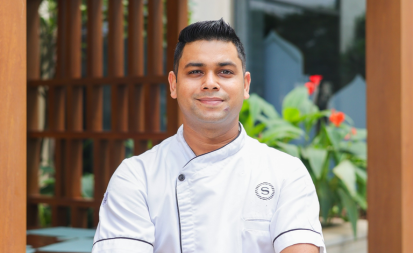Safe and Sustainable: Navigating Food Safety
Authored article by Jose Thomas, Executive Chef – Taj Exotica Resort & Spa, Goa Have you ever had to throw away a whole batch of processed foods because they were way past their expiration date? Or
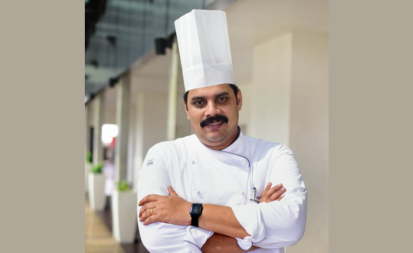
Authored article by Jose Thomas, Executive Chef – Taj Exotica Resort & Spa, Goa
Have you ever had to throw away a whole batch of processed foods because they were way past their expiration date? Or maybe those eggs, and vegetables that were not stored properly? Sounds all too familiar? Probably yes. We have all at some point done this, but why? The answer is simple. We do not want to consume food that is no longer safe.
Food safety is one major need of the hour, the WHO and FAO have collaboratively been advocating its significance over the past few decades. The subject as a whole has gained so much precedence, that we have a day dedicated to Food Safety. The World Food Safety Day celebrated on 7th June, draws attention to the global need for safe, nutritious and sustainable food. The initiative also promotes efforts to prevent, detect and manage foodborne risks and related illnesses that can have severe health consequences if unsafe food is consumed.
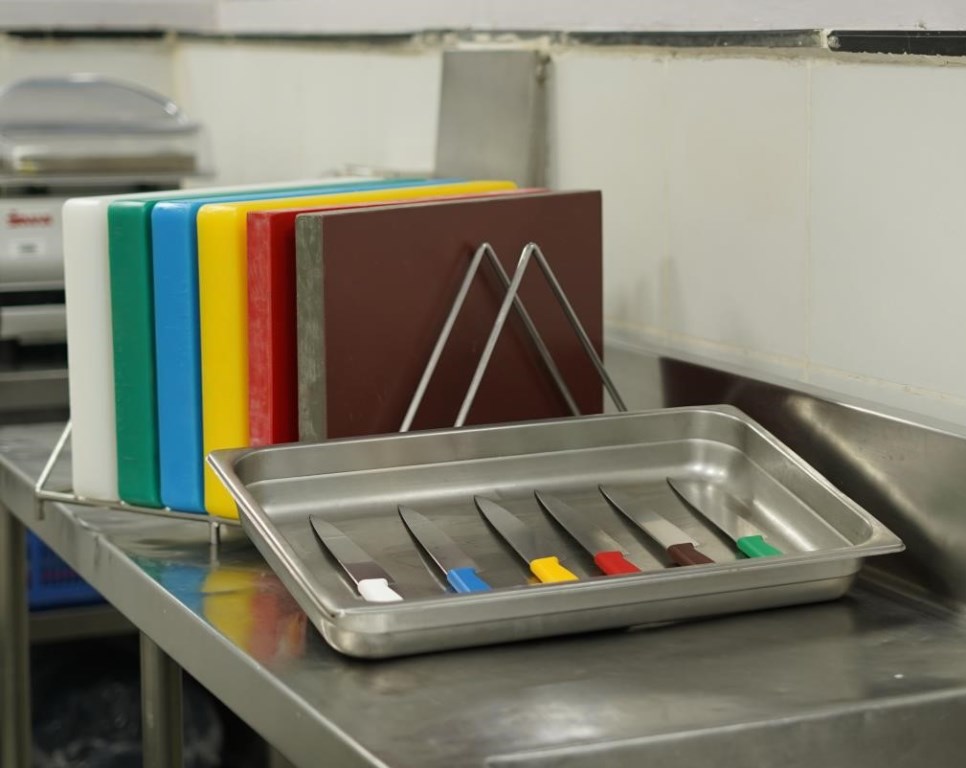
The WHO and FAO have a two-pronged approach to the concept. One is, as mentioned, the safety related issues. The other is the malnutrition, due to lack of quality food. Food safety is as important as the availability of food. Very often people do not get suitable meals, and globally, the number of deaths due to starvation and malnutrition is quite alarming. Ironically, this can be very easily managed, with adequate planning. Maybe it is not that apparent in urban India, but there are other nations and certain areas in our country as well, where people do not receive the right diet causing a grave concern.
The key idea is that nutritious food need not be expensive. For example, last year was the year of the millets, both the world organisations promoted it widely. Millets as an ingredient is easily available all across our country, however only a few are aware of its rich nutrients and value. Therefore, raising awareness can help transform lifestyles and highlight the everyday food choices of the common person.
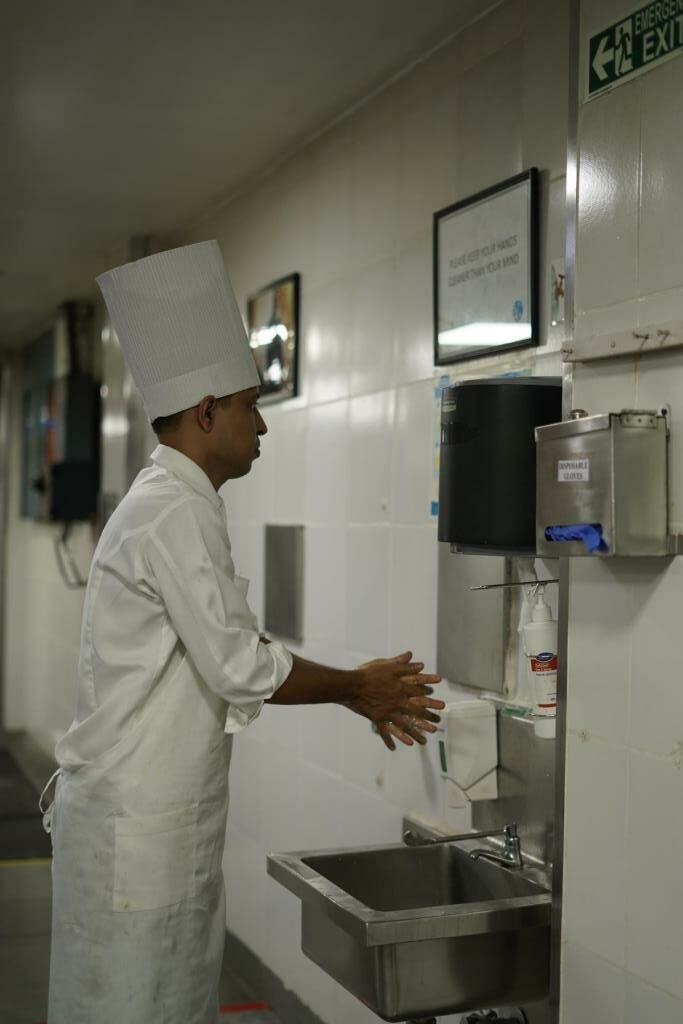
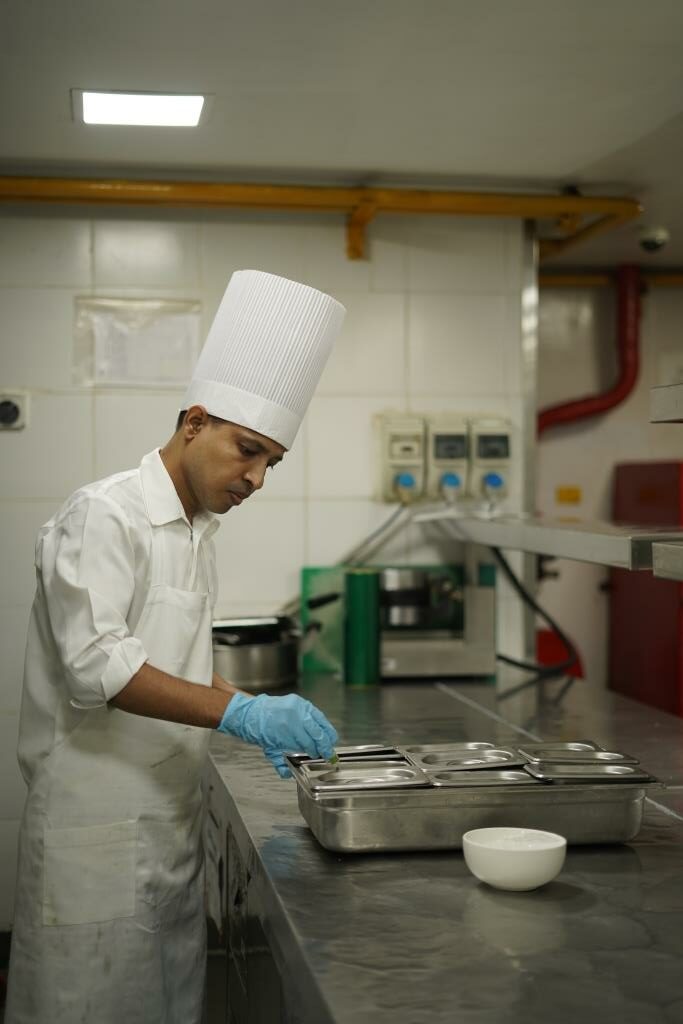
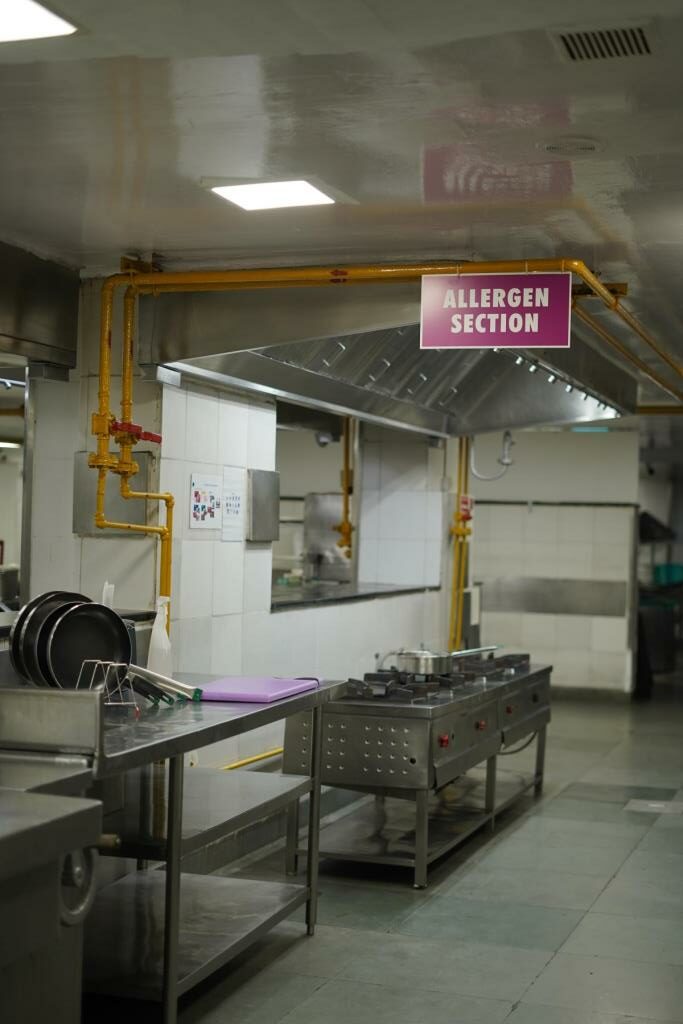
Prepare For The Unexpected
This year, the theme of World Food Safety Day was ‘prepare for the unexpected’. Here too, we must focus on two aspects. First, in case of disasters. We have all gone through the pandemic, we now know how difficult it was in terms of sourcing food. As a precaution, we must always be prepared for such situations in case they occur again.
We started thinking about being prepared in future only after we realized that there could be a situation where the necessities were not within the immediate reach and we are not able to buy it. That preparedness is very critical now.
On the other hand, we need to be very careful about the adulteration and duplication of food products in the market, which is happening at a very alarming rate. Even used oil is often recycled and that is a serious threat to humans. The FSSAI has now started a movement called RUCO. Here in case of oil disposal, the organisation is taking strict measures to ensure that the used oil is disposed off and treated correctly.
Right Sourcing Is The Key
It is also important that we source our raw materials from reliable and tested companies. Even as a brand, we follow strict compliances and parameters when it comes to vendor sourcing. Only if the vendor meets all the food safety requirements, they are considered for business.
We only purchase from vendors who are certified by or registered with the FSSAI. Our precautionary systems do not allow us to do otherwise, a bill cannot be processed unless and until the FSSAI numbers are fed into our software. This is a foolproof system ensuring that our sourcing is 100% safe.
We also have periodical vendor assessments and vendor audits, wherein based on their performance, we suggest corrective measures and ensure they follow those measures or find alternate vendors adhering to the safety protocol.
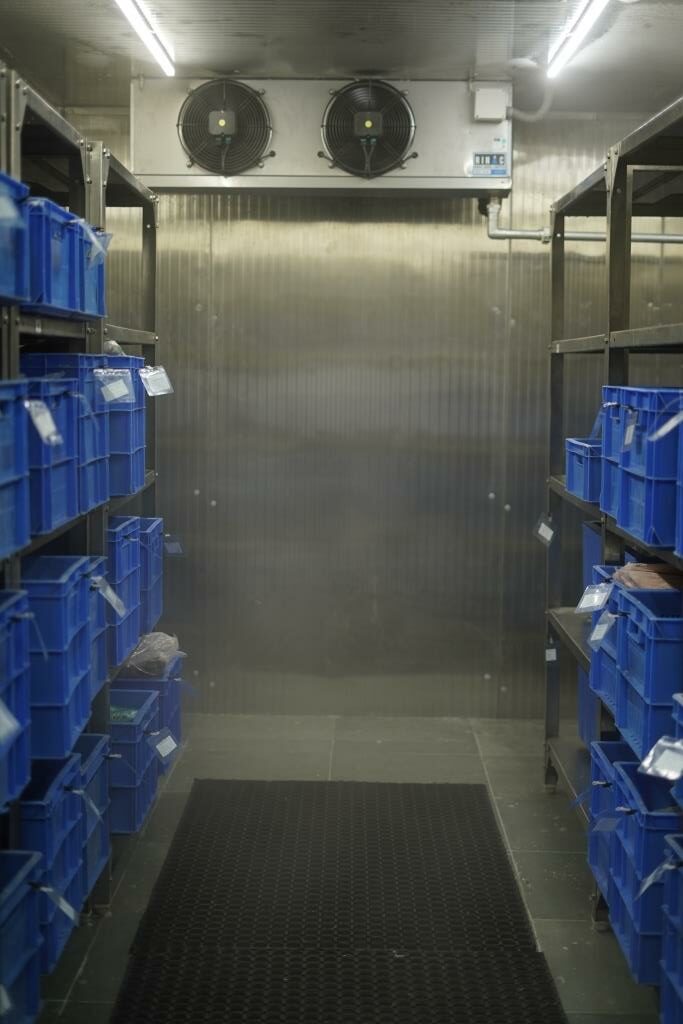
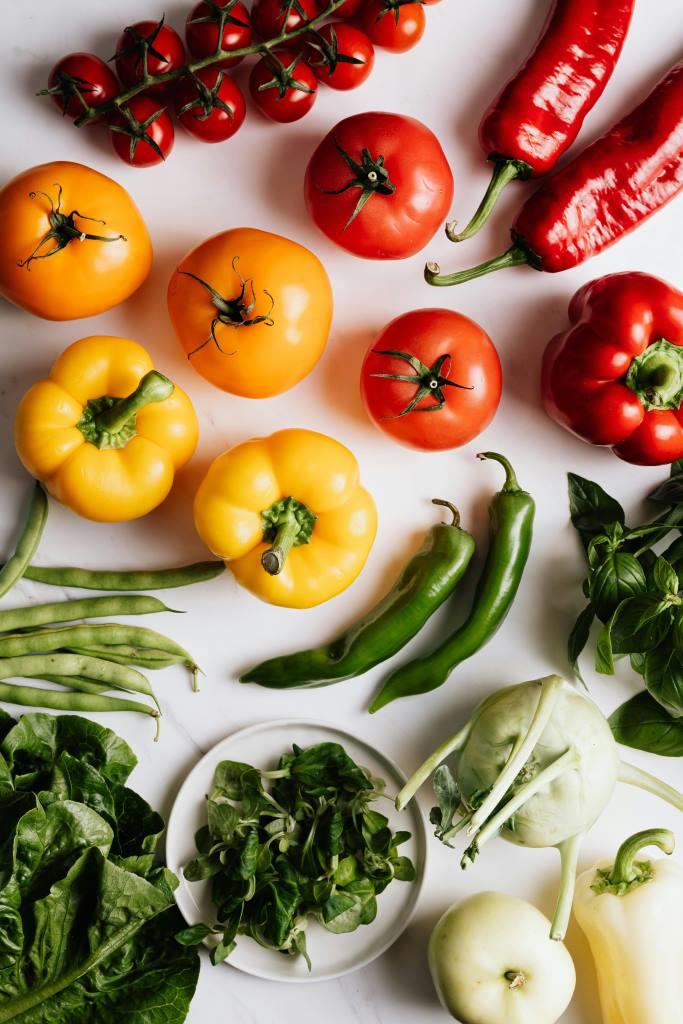
How The Brand Ensures Food Safety
In terms of consumables, our first steps in ensuring food safety begins from when they our received by our staff. The products which do not match our standards, will be rejected immediately. Additionally, at the stores, we use a system called FIFO, which stands for ‘first in, first out.’ This ensures that the items brought in first are used first.
In the kitchen, we have implemented measures to tag all food items, ensuring that nothing is left untagged regarding its shelf life. The next step is temperature and moisture control. Whether it is for storing or cooking, these two are strictly monitored and maintained, as it is critical in keeping the food safe.
When it comes to preparation, we have standard recipes and standard physical checks that take place before the food reaches the customer. Moreover, in accordance with FSSAI guidelines, we are required to conduct sample analysis and microbiology tests every six months; however, we perform these tests on a monthly basis. These tests are performed in different parameters – cooked food, cooked meat, raw meat, raw vegetables, and similar items. Other measures include the use of gloves to handle cold food, the use of separate knives and chopping boards to stop cross contamination, dedicated spaces to store raw materials and cooked food, or high-risk food and low-risk food.
We also update our infrastructure on a yearly basis, in terms of food safety and statutory requirements. The previous generation of dishwashing machines would get up to a temperature of 65 degrees at final rinse, whereas in the recent ones – the thermo-label machines, the final rinse will be done at a temperature of 71 degrees, thus making the cutlery and crockery 100% safe. We also have the oil testers, where the TPC count is measured and then replaced. Thus, we adopt the latest technologies to ensure that our food is safe.
Another point I would like to highlight here is food wastage, because we need to keep sustainability in mind as well. And to ensure there is no food wastage we have a proper forecast of the quantity of food that needs to be prepared. We follow a batch cooking approach, meaning we don’t cook everything at once. Even for large events, if it is required, we cook in different batches, so that the waste can be controlled. This is because, according to our standards, there is a time limit for all cooked foods.
What You Can Do At Home
To ensure food safety at home, I would suggest each one of us to find the right source of procurement. In the sense, procure locally whenever possible. One should ideally go to a local vendor and buy fresh
produce of the land, rather than opting for the frozen or other processed options. Purchase in limited quantities, only as per requirement.
Keep a keen eye on expiration dates and ingredients used in the manufacturing of the product. One can never be too careful with the ongoing unethical practices in mass food production.
In terms of preparedness, we need to be adaptive and innovative. Vitamins and nutrients are available in abundance through various means – vegetables, pulses, meats, etc. Seasonal produce in India contributes unique benefits for health, reflecting the diversity and richness of the country’s agricultural landscape.
—-
 English
English French
French German
German Italian
Italian




